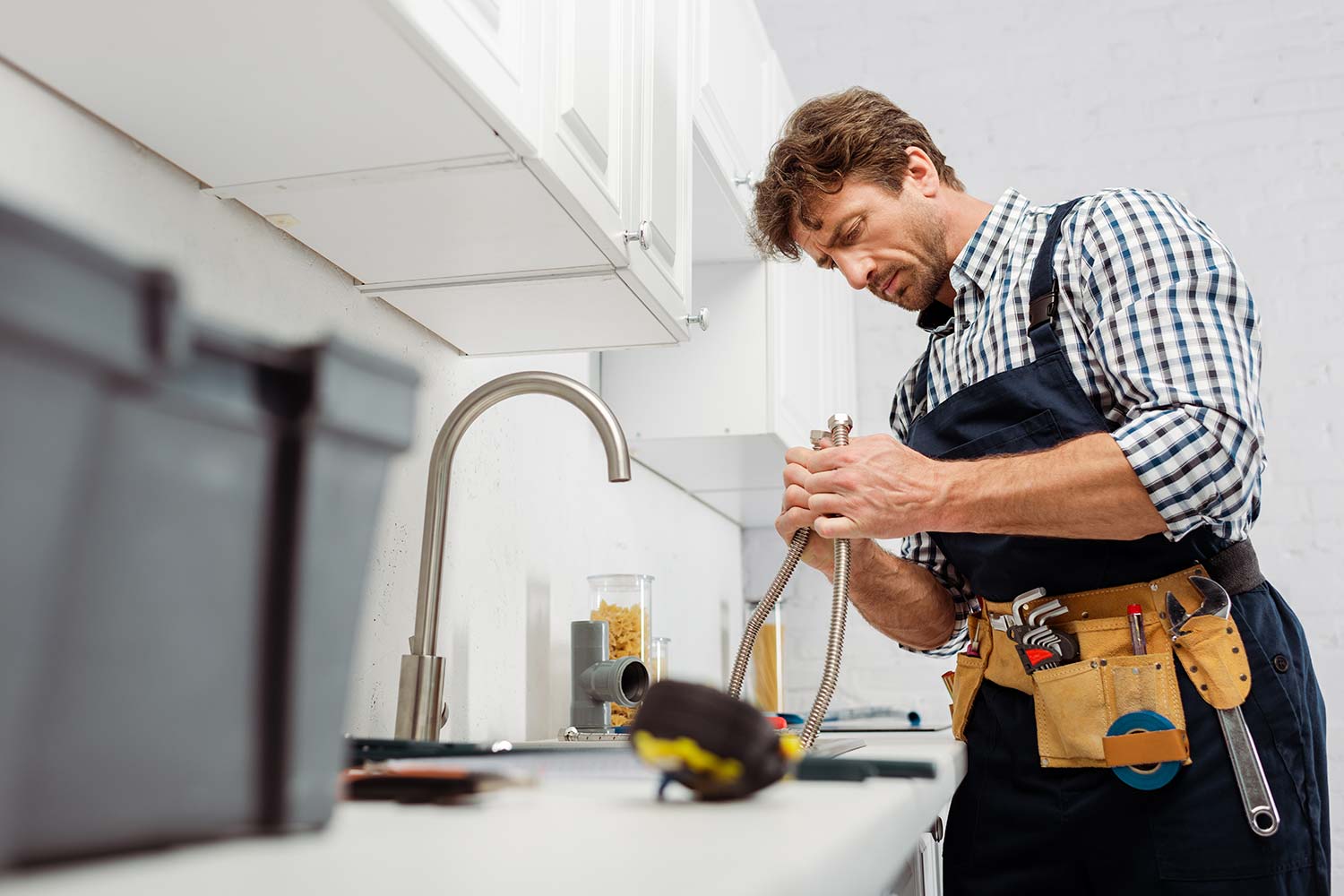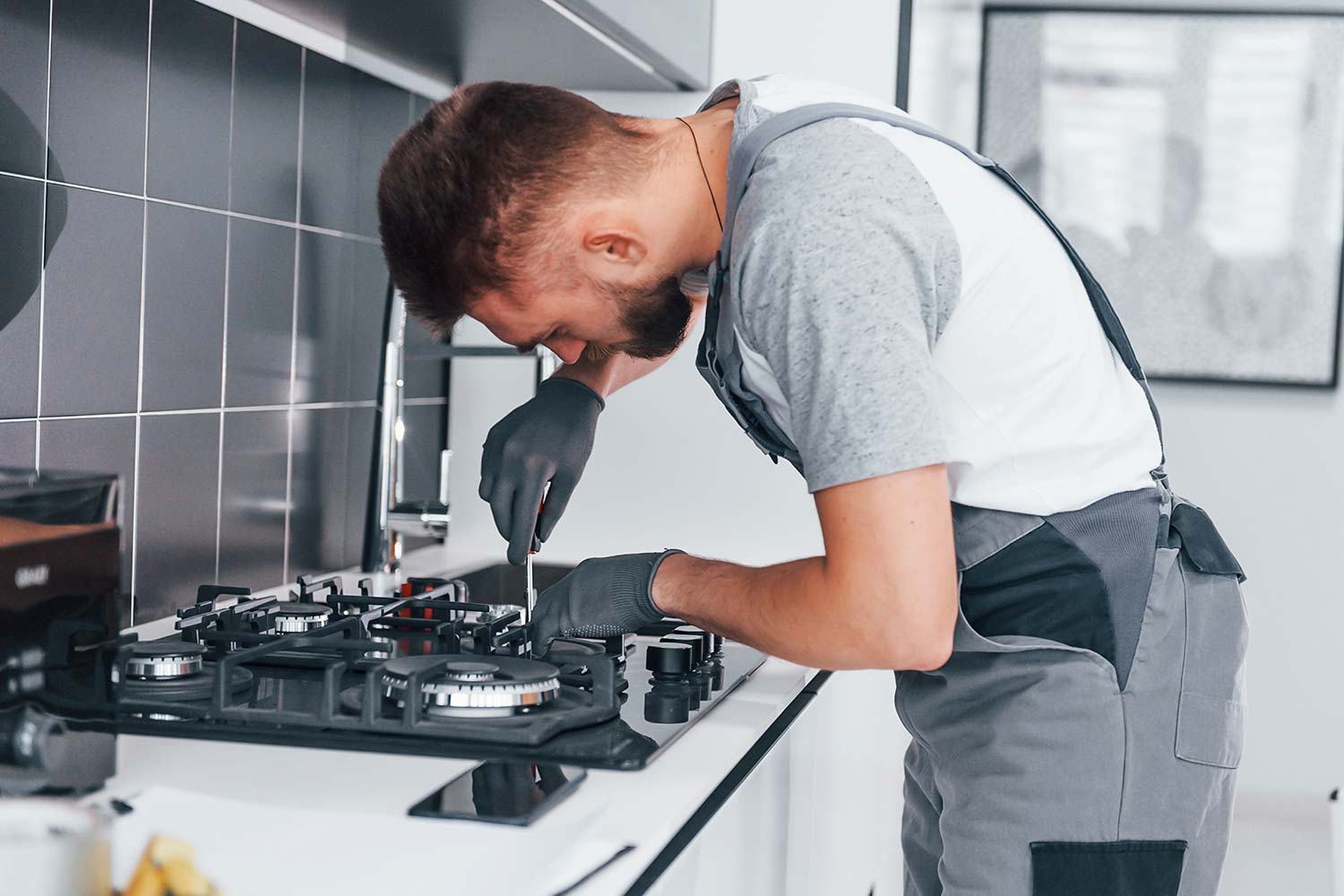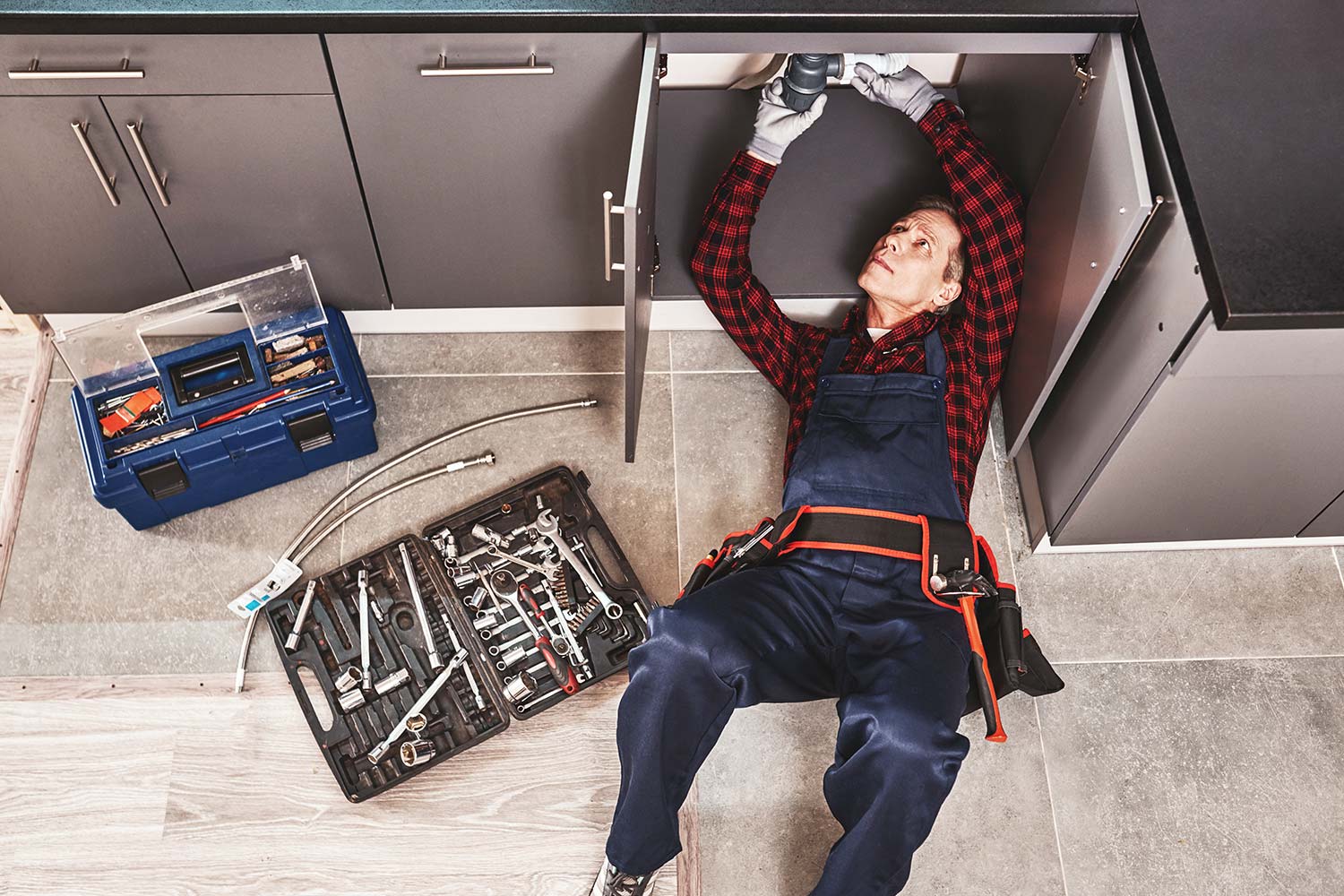With rising energy costs, finding ways to reduce your electricity consumption is more important than ever. One of the most effective strategies to lower energy bills is upgrading your electrical system. At McPhae Trade Services, we specialize in helping homeowners and businesses alike improve energy efficiency through electrical system upgrades. Here are some key energy-saving tips and how making a few changes can significantly reduce your monthly energy costs.
- Upgrade to Energy-Efficient Lighting Traditional incandescent bulbs consume more energy than modern alternatives. By upgrading to LED or compact fluorescent lamps (CFLs), you can reduce lighting costs by up to 80%. These bulbs not only use less energy but also have a longer lifespan, saving you money on replacements in the long run.
- Install Smart Thermostats Heating and cooling account for a large portion of energy bills in homes and commercial buildings. Smart thermostats allow you to optimize temperature settings based on your schedule, ensuring that heating or cooling is only active when necessary. Some systems even learn your habits and automatically adjust temperatures for maximum efficiency.
- Replace Outdated Appliances Older appliances tend to be energy hogs compared to their modern counterparts. If you’re using outdated refrigerators, ovens, or air conditioners, it may be time for an upgrade. Look for Energy Star-rated appliances, which are designed to consume less electricity while still delivering optimal performance.
- Upgrade Your Electrical Panel An outdated or inefficient electrical panel can lead to power surges, frequent circuit trips, and wasted energy. Upgrading to a modern panel allows for better energy distribution, ensuring that your appliances and systems run more efficiently without overloading circuits. Plus, newer panels are designed to handle today’s energy demands with ease.
- Use Energy-Efficient Power Strips Even when electronics and appliances are turned off, many still draw energy—referred to as “phantom loads.” You can prevent this by using energy-efficient power strips that automatically cut off power when devices are not in use. This is especially useful for office environments with computers, printers, and other electronics that remain plugged in.
- Install Solar Panels For long-term energy savings, consider installing solar panels. While the initial cost may seem high, solar power can drastically reduce your reliance on the electrical grid, lowering your energy bills significantly over time. Additionally, solar panels increase the value of your property and may qualify you for tax incentives.
- Improve Insulation and Sealing Though not directly related to your electrical system, poor insulation can cause your HVAC system to work harder than necessary, increasing your energy bills. Improving insulation in your walls, attic, and windows ensures that heat or cool air stays inside, reducing the strain on your heating and cooling systems.
- Install Motion Sensors and Timers In commercial buildings and even homes, leaving lights or equipment on when not in use can waste a significant amount of energy. Installing motion sensors in low-traffic areas, such as hallways, restrooms, or storage rooms, can ensure lights are only used when needed. Timers can also be used to control exterior lighting or security systems, ensuring they run efficiently without wasting energy.
- Upgrade HVAC Systems Heating, ventilation, and air conditioning systems are among the largest energy consumers in any building. If your HVAC system is more than 10-15 years old, it may be time to consider an upgrade to a more energy-efficient unit. Modern HVAC systems are designed to reduce energy consumption while providing better temperature control.
- Schedule Regular Electrical Inspections Routine electrical inspections by a licensed professional can help identify inefficiencies in your electrical system. At McPhae Trade Services, we conduct thorough assessments to ensure your wiring, circuits, and appliances are operating efficiently. Regular maintenance prevents energy waste, prolongs the life of your systems, and catches potential problems before they lead to costly repairs.
At McPhae Trade Services, we are committed to helping our clients achieve energy efficiency through tailored electrical system upgrades. Whether you’re looking to improve lighting, upgrade your electrical panel, or install energy-efficient appliances, our team of experts can guide you through the process and help you save money on your energy bills. Contact us today at 302-222-1100 to discuss how we can help lower your energy costs with our comprehensive electrical services.




